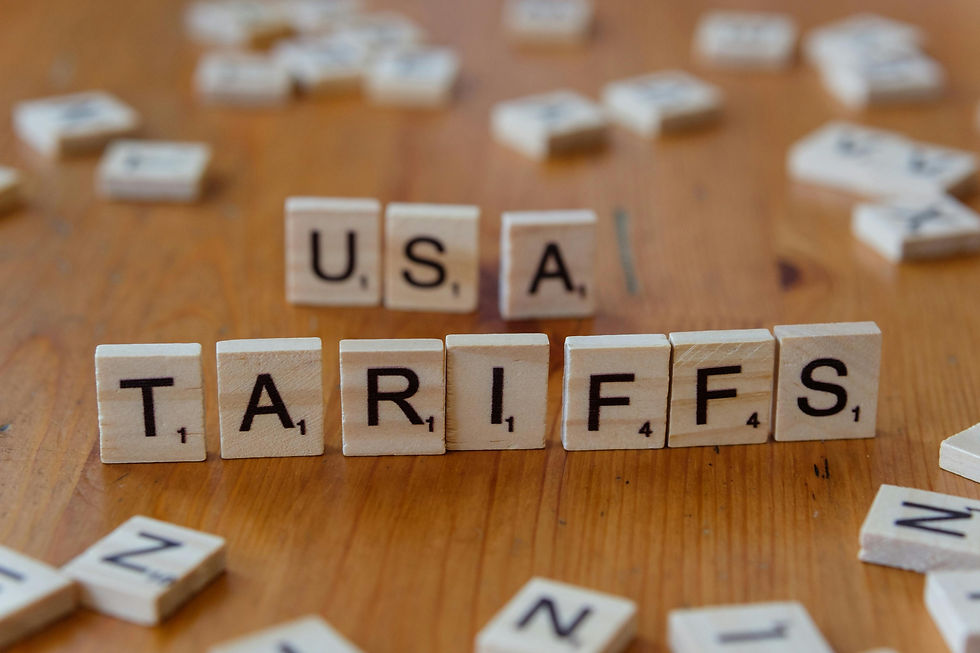Reassessing Trump's Tariffs: A Strategic Move or Market Misstep?
- Conor Keenan

- Apr 8, 2025
- 2 min read

Conor's Corner
"Financial stress is definitely reaching new heights right now, and it’s easy to pin the blame on Trump. But maybe there’s more strategy behind these tariffs than most people want to admit. This could be the shake-up the global economy needs—painful in the short term, but possibly a necessary correction in the long run."
The recent implementation of President Donald Trump's extensive tariff regime has sent shockwaves through global financial markets. The S&P/ASX 200 opened nearly 500 points lower, marking its steepest single-day decline since the COVID-19 pandemic. Similarly, the S&P 500 has fallen 17.5% from its recent peak, and the tech-heavy Nasdaq has entered bear market territory with a 22.9% decline.
Traditionally, tariffs are taxes imposed on imported goods to make foreign products more expensive, encouraging consumers to buy domestically produced alternatives. While economists often criticize tariffs as growth inhibitors, historical instances suggest they have sometimes played pivotal roles in shaping national economies. For example, the Tariff of 1816 aimed to shield America's emerging industries from British competition, and tariffs on Japanese cars in the 1980s prompted foreign automakers to establish factories in the U.S., creating jobs and transforming American manufacturing.
However, the current situation differs significantly. Trump's new tariffs, ranging from 10% to 49% on U.S. exports, have sparked fears of a global trade war and potential recession. China has retaliated with a 34% tariff on all U.S. imports, escalating tensions further. The economic damage and fund flows out of the U.S. point to further pain ahead.
Despite these concerns, some analysts suggest that the market's reaction may be overdone and that Trump's tariff strategy could be a calculated move to renegotiate trade deals more favorable to the U.S. If this perspective holds, the current market downturn might present a buying opportunity for investors.
In conclusion, while the immediate impact of Trump's tariffs has been negative, leading to significant market volatility and fears of a global recession, it's essential to consider the broader strategic objectives. Investors should closely monitor developments and assess whether this policy will yield long-term benefits or further destabilize the global economy.





Comments